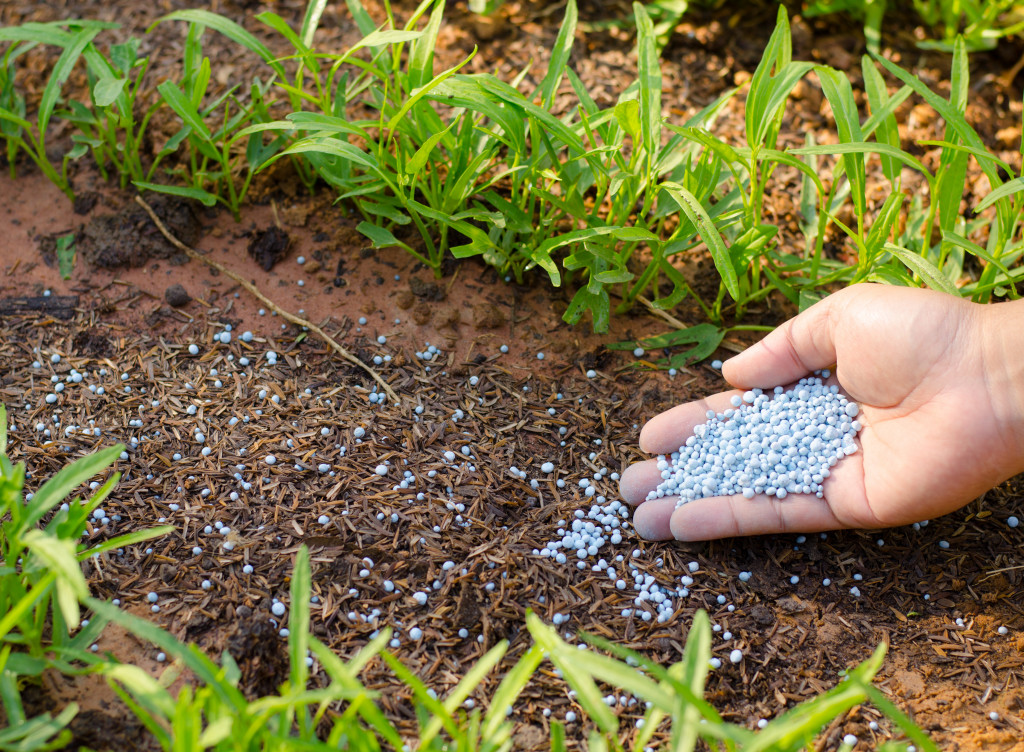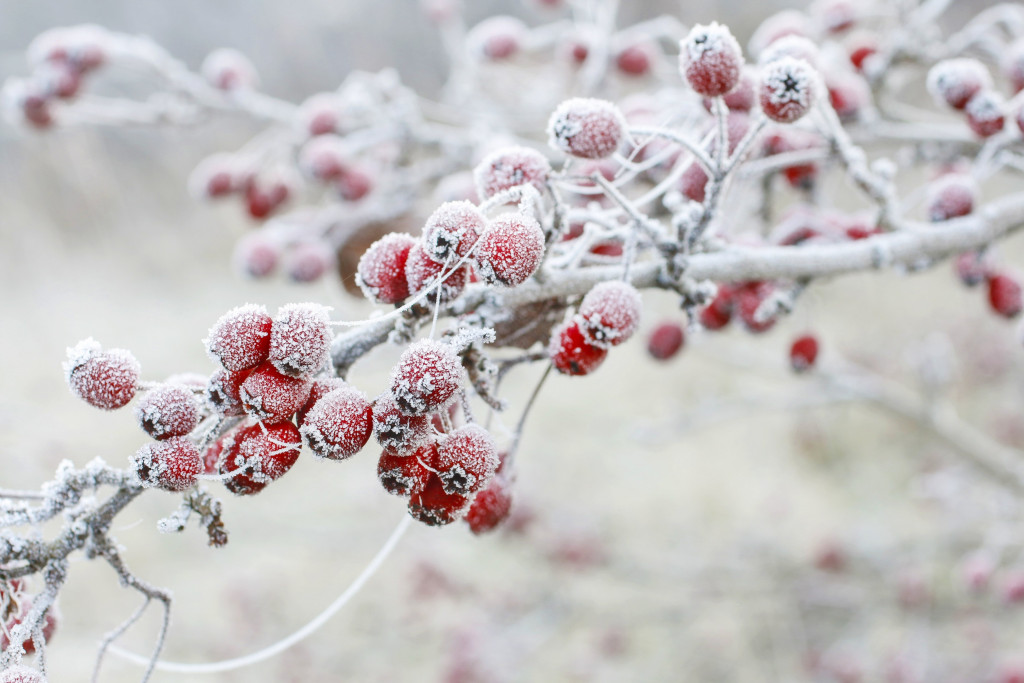The winter season can be a difficult time for gardeners. The cold weather and lack of sunlight can make it hard to keep plants healthy and thriving. However, there are a few things you can do to make the winter season a bit easier for your garden.
This article will discuss some tips for gardening during the winter.
1. Plan ahead.
One of the best things you can do to prepare for winter gardening is to plan strategically. Decide which plants you want to keep indoors and which ones you can afford to lose. Make sure you have the proper supplies, such as soil, mulch, and fertilizer.
And most importantly, make sure you have a plan to keep your plants warm and get enough sunlight.
2. Start seeds indoors.
If you want to have a head start on your gardening, start seeds indoors in the winter. This will give your plants a chance to get a head start on the growing season.
You can purchase seed-starting kits at most garden stores or online. Just keep your seedlings warm and make sure they get plenty of sunlight. You can place them under grow lights or a sunny window.
3. Create an indoor greenhouse.
Another great way to keep your garden thriving during the cold season is to build a winter green house. This method is best for homes in naturally cold areas where warm weather seldom occurs.
You can make a greenhouse with a small, attached structure similar to a shed. The key is to make sure your plants get plenty of sunlight and warmth. You can do this by installing grow lights and a heater.
4. Use cold frames or cloches.
Cold frames and cloches can help protect your gardens from the elements, such as wind and snow, while also providing extra warmth. Cold frames are typically made with wood and have a clear, hinged lid that can be opened to allow sunlight in and closed to protect the plants inside. Cloches are similar to cold frames, but they are typically made with glass and cover individual plants.
5. Maintain healthy soil.
The health of your plants ultimately depends on the health of your soil. So, it is vital to keep your soil well-fertilized, especially during the winter when plants are not actively growing. Add compost or other organic matter to the ground. This will help keep the soil loose and improve its drainage.

6. Water wisely.
Water is essential for plant growth, but too much water can be as harmful as too little. Especially during the winter, when the ground is frozen, it is important to water your plants wisely. Check the soil before watering to make sure it is dry. Water at the base of the plant and avoid getting water on the leaves, as this can cause rot.
7. Remove debris.
Debris, such as leaves and dead branches, can harbor diseases and pests. Remove debris from your garden regularly to prevent these from harming your plants. You can either dispose of the waste in your compost bin or burn it if permitted by local regulations. You can also use it as mulch around your plants if it is clean and free of diseases.
8. Prune wisely.
Pruning is an important part of winter gardening. Aside from removing dead branches and debris, you may also need to prune your plants to keep them healthy.
This is especially important for fruit trees and bushes. Be sure to only prune healthy plants and avoid pruning when the ground is frozen, as this can damage the plant.
9. Protect your plants from pests.
Winter can be difficult for garden pests, which means it is also a tough time for your garden. To protect your plants from these pests, you may need pesticides or traps. You can also try natural methods, such as companion plants or attracting beneficial insects.
10. Be patient.
Winter gardening is still a waiting game, no matter how much care and attention you give your plants. You can only minimize the risk of damage to your plants.
So, be patient and don’t expect miracles. With a bit of luck and care, your garden will make it through the winter and be ready to thrive in the spring.
Although winter gardening can be a challenge, your garden will make it through to thrive in the spring with the right tips and a bit of luck. Always think ahead and take the necessary precautions to ensure your plants’ survival during the winter season.
If you are careful to fertilize and water your plants wisely, prune them as needed, and keep pests at bay, you can have a lush garden all year round. Good luck!

